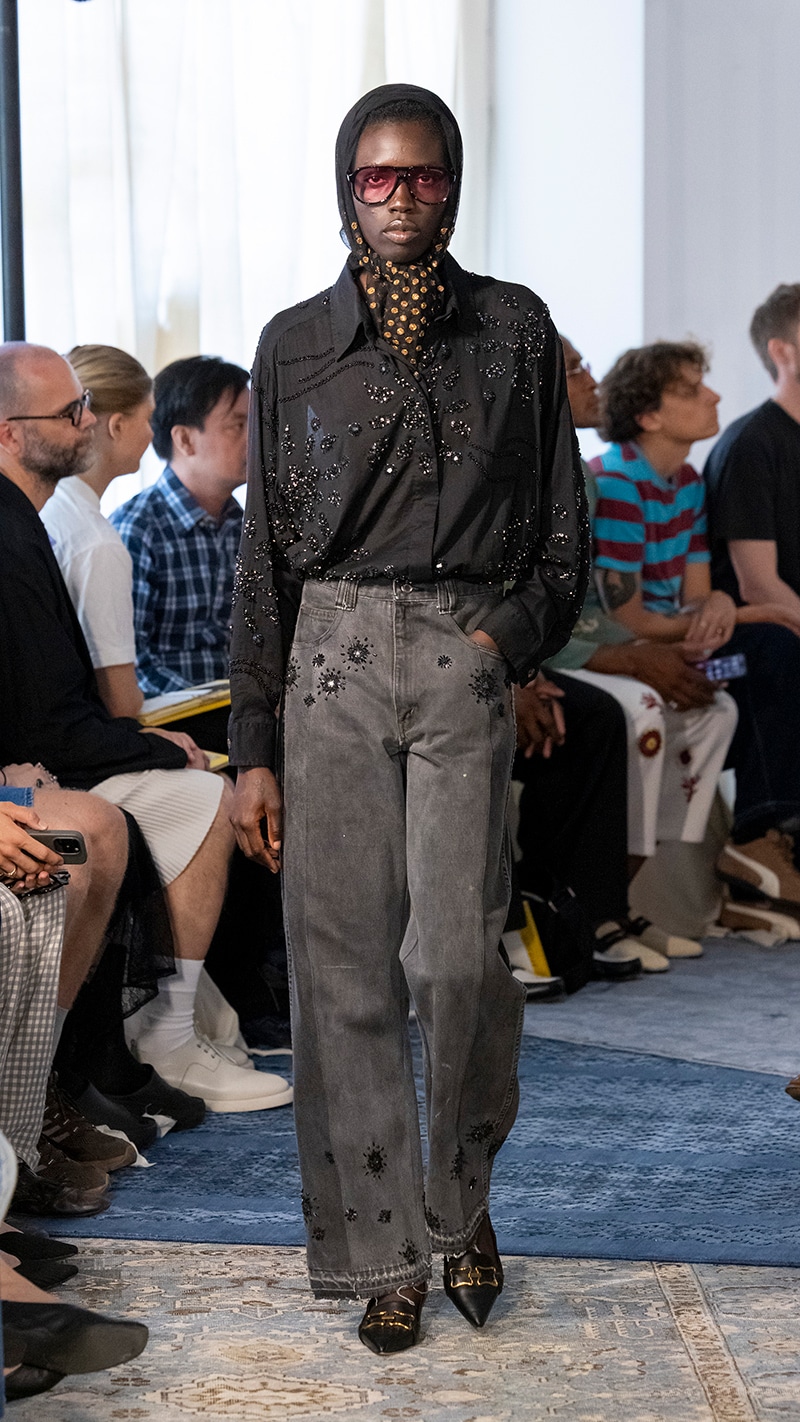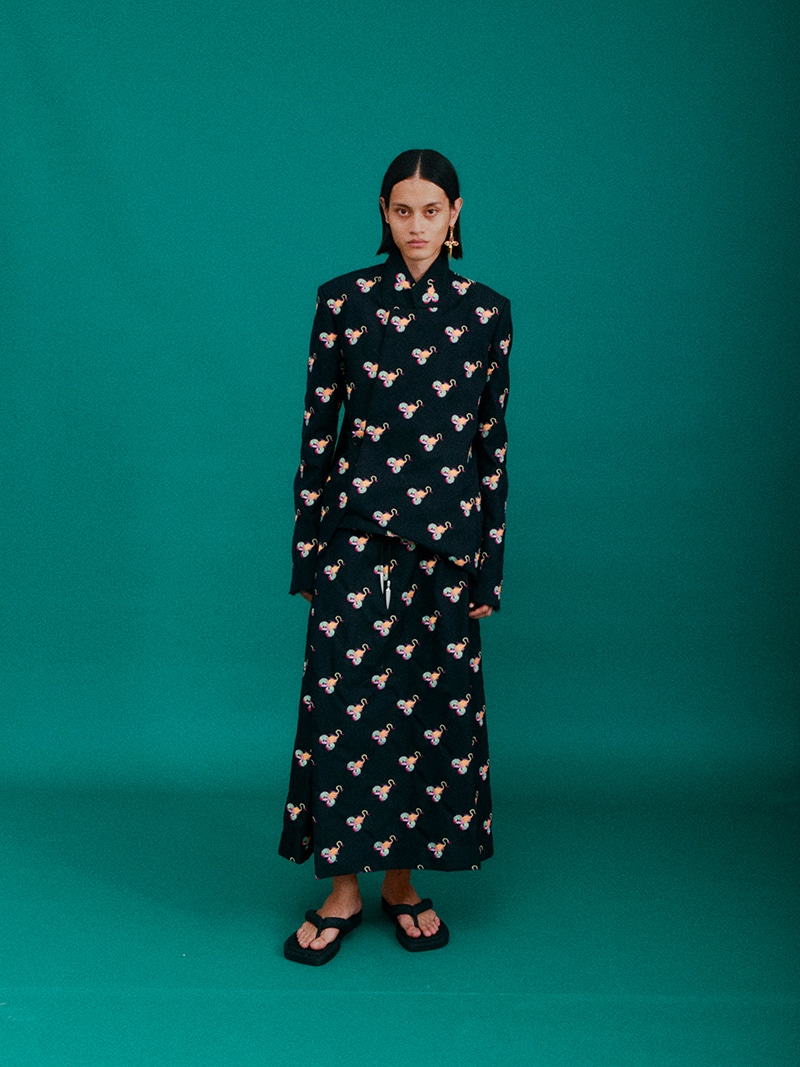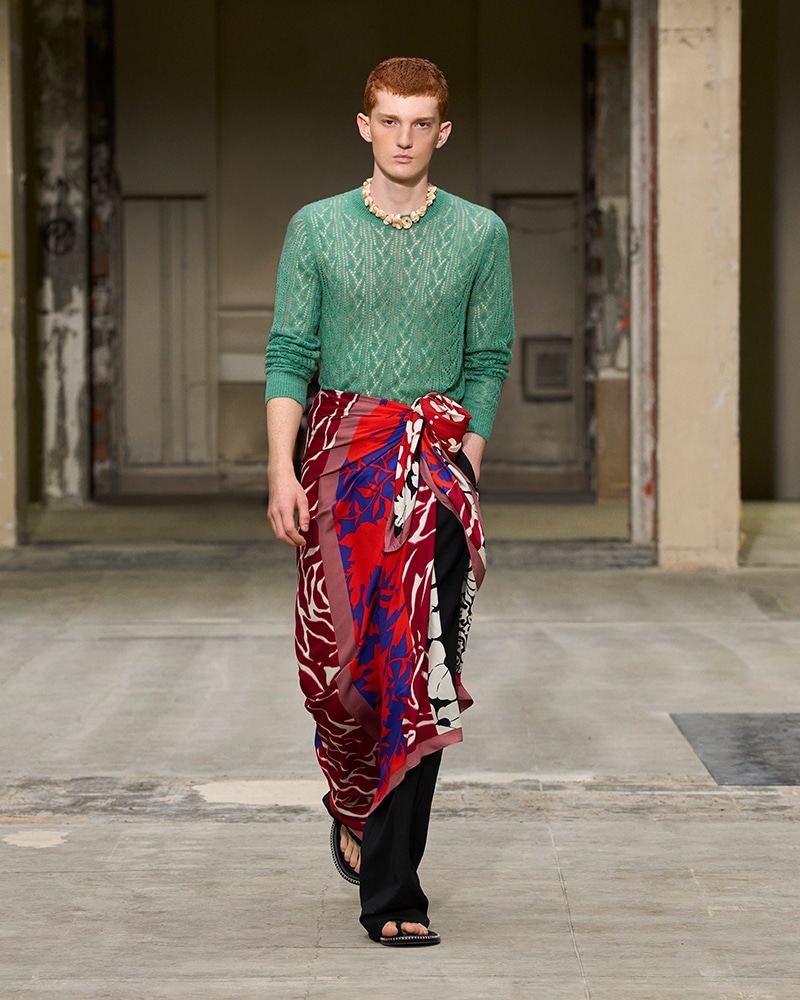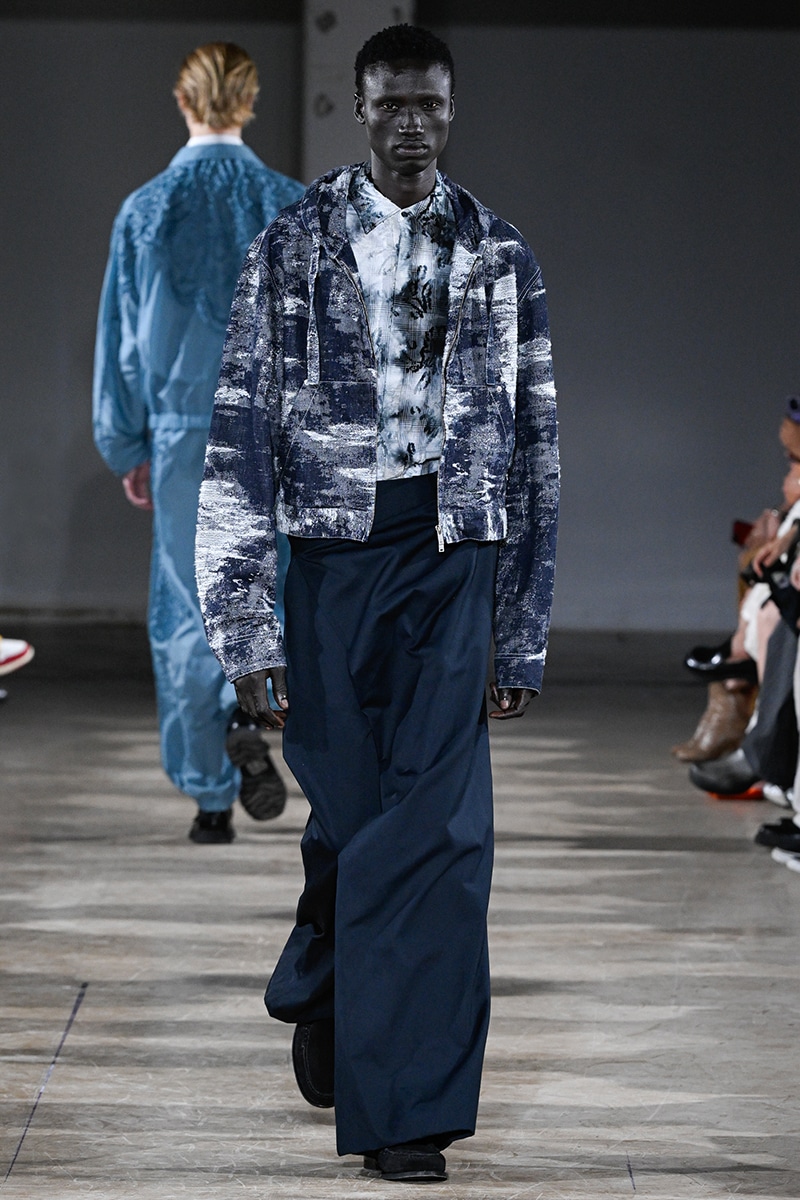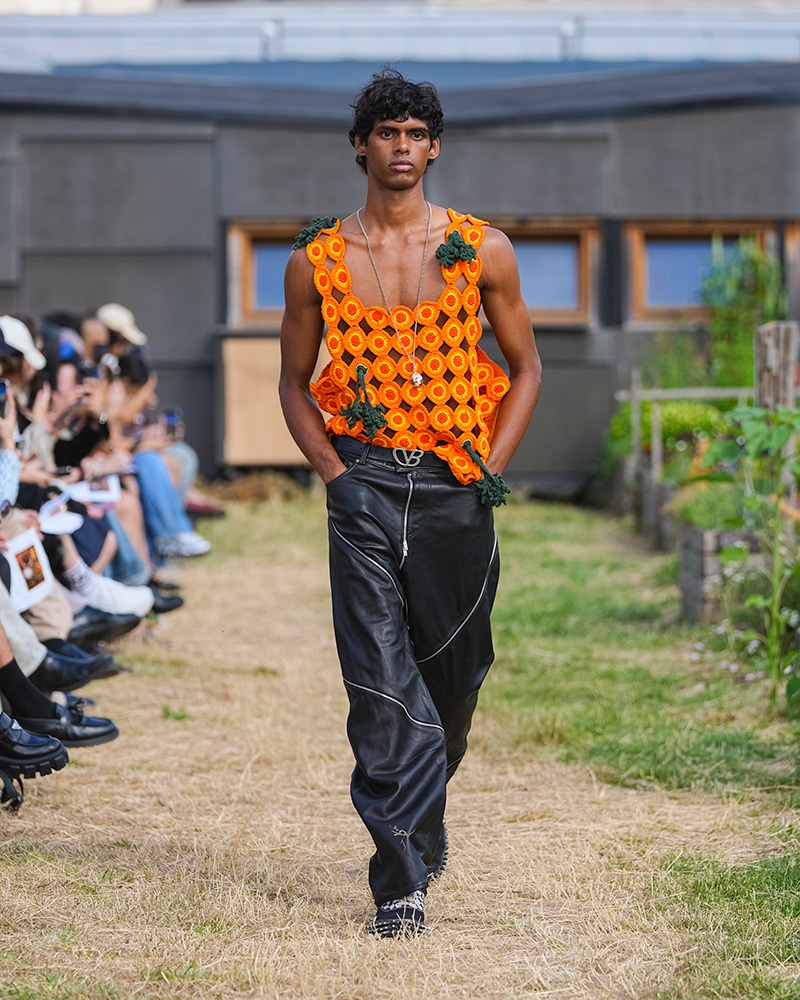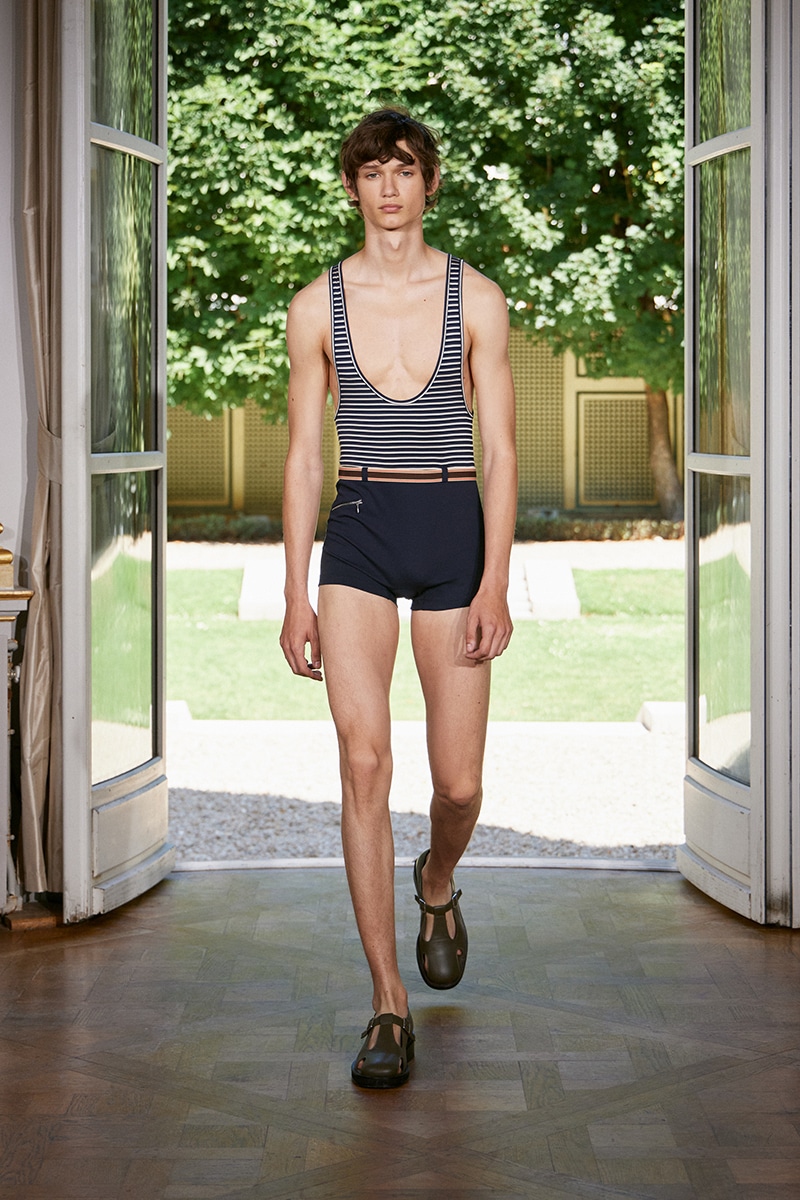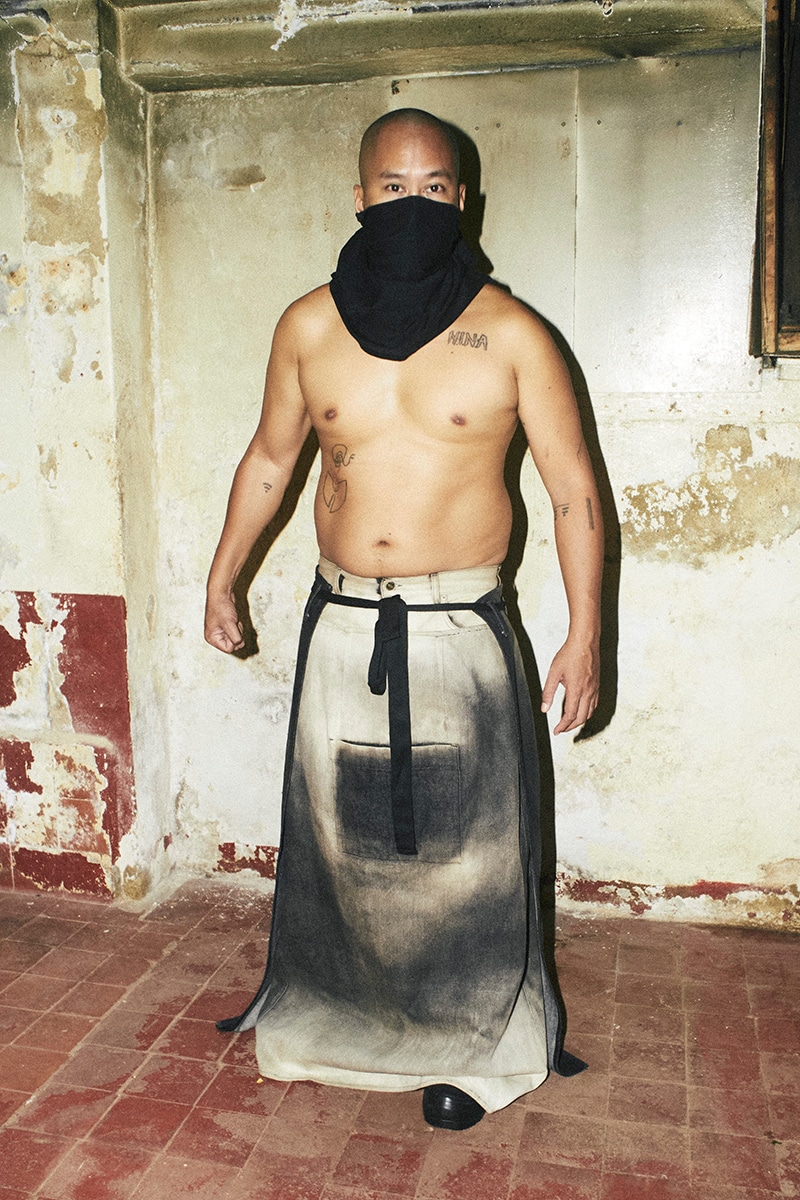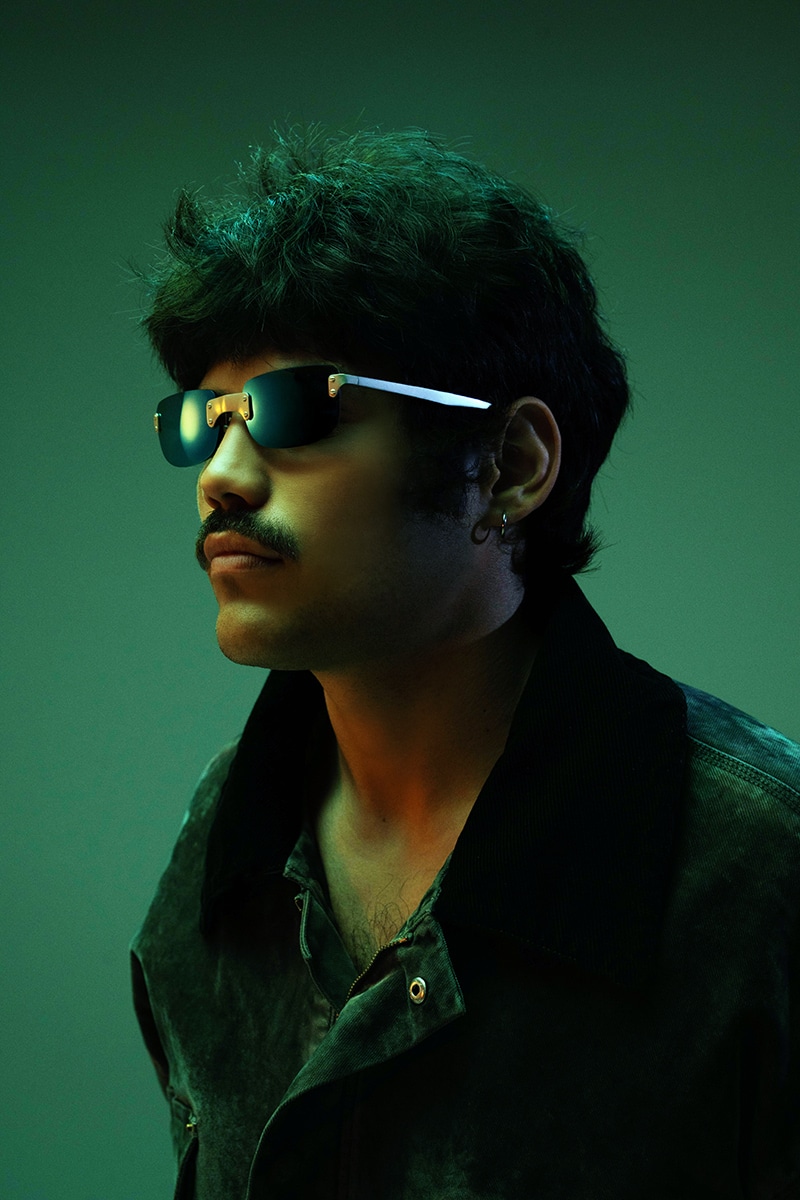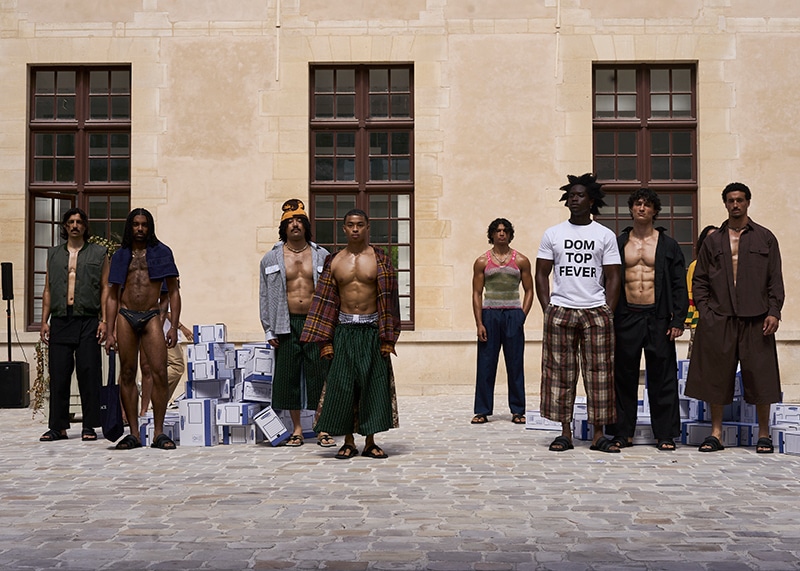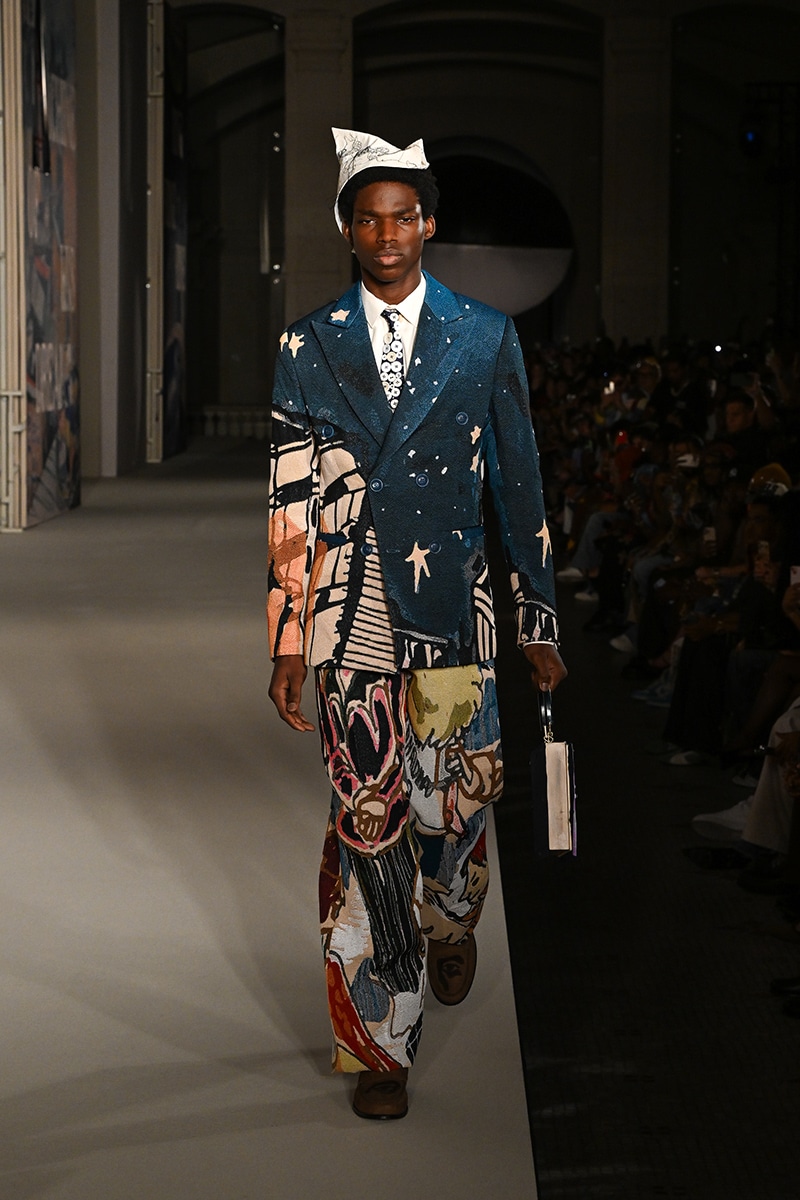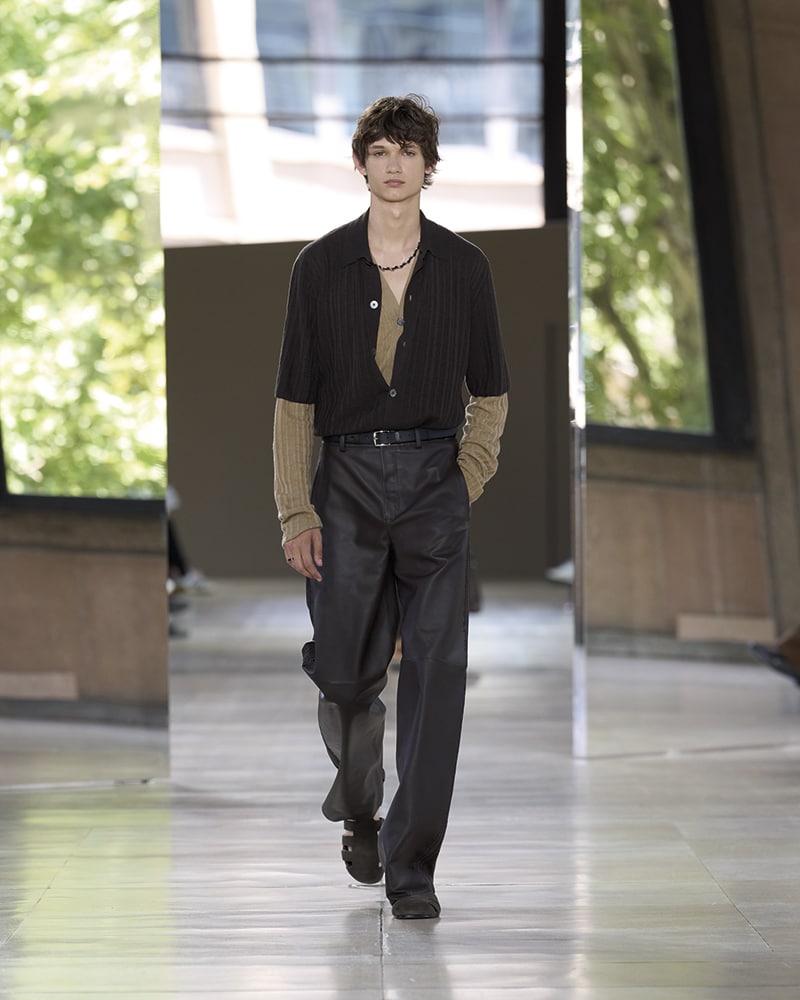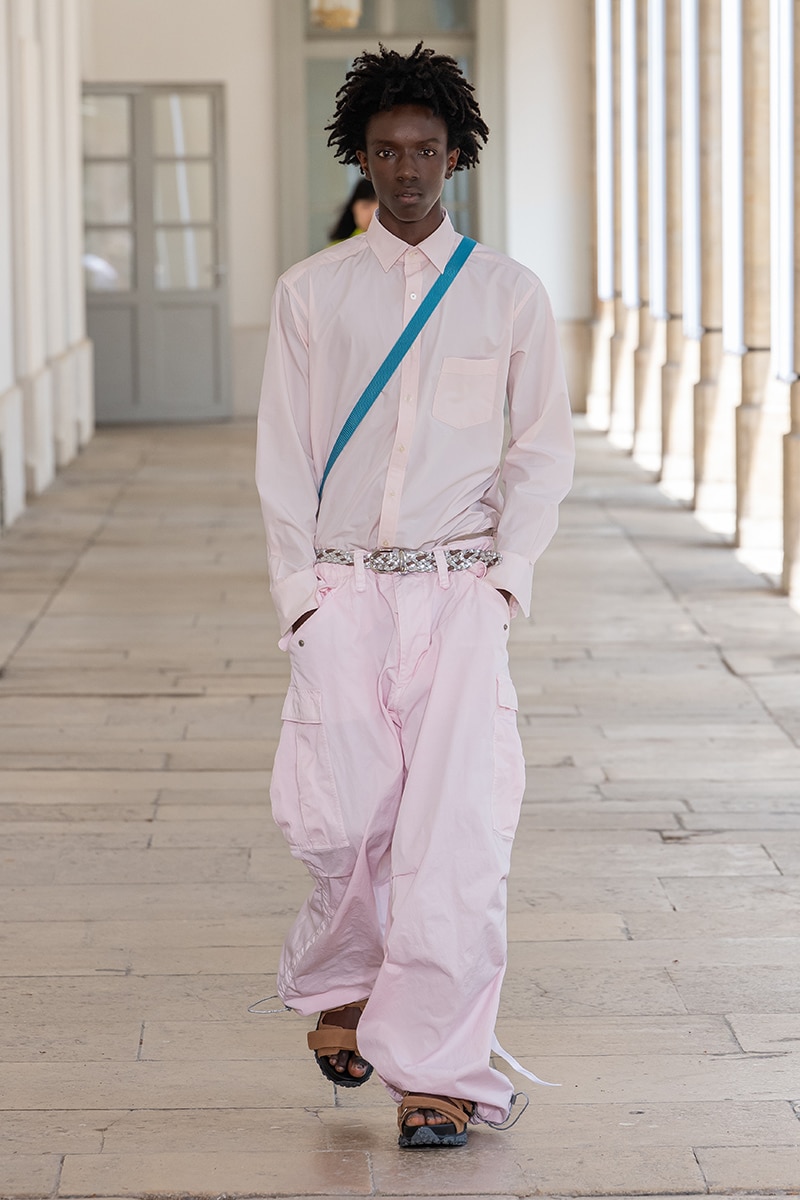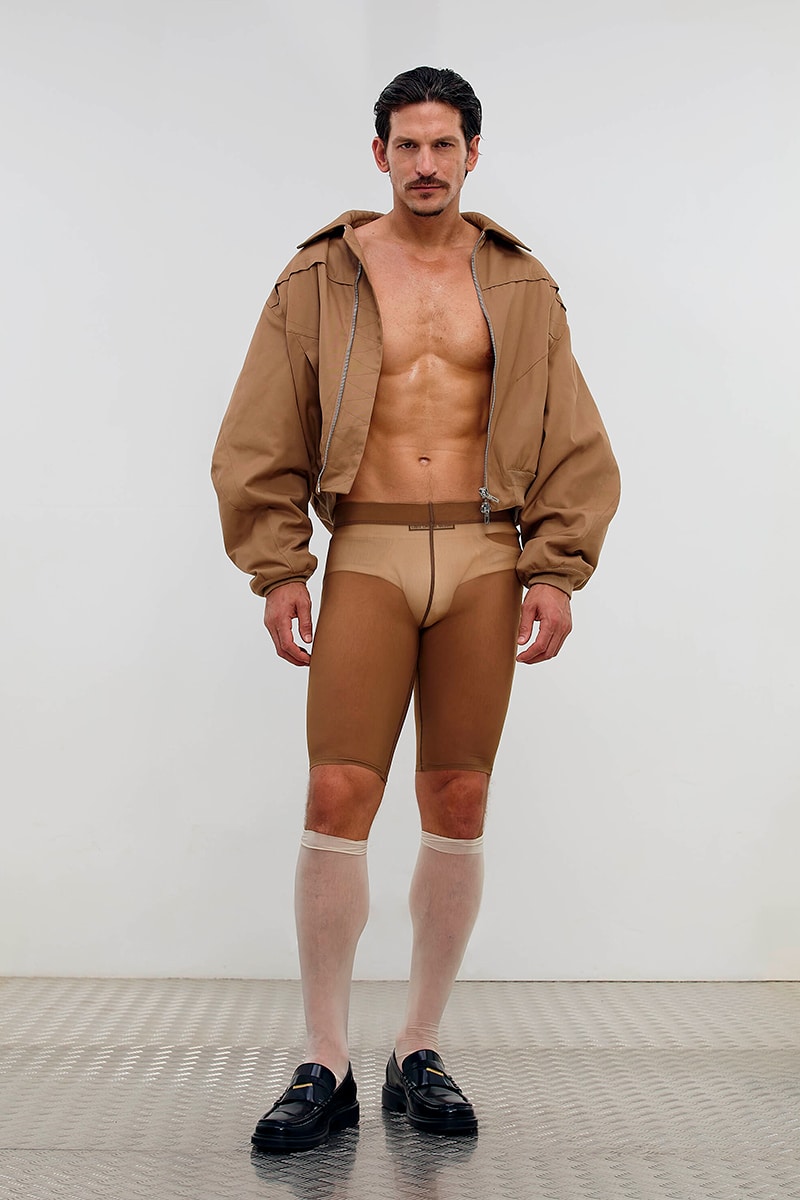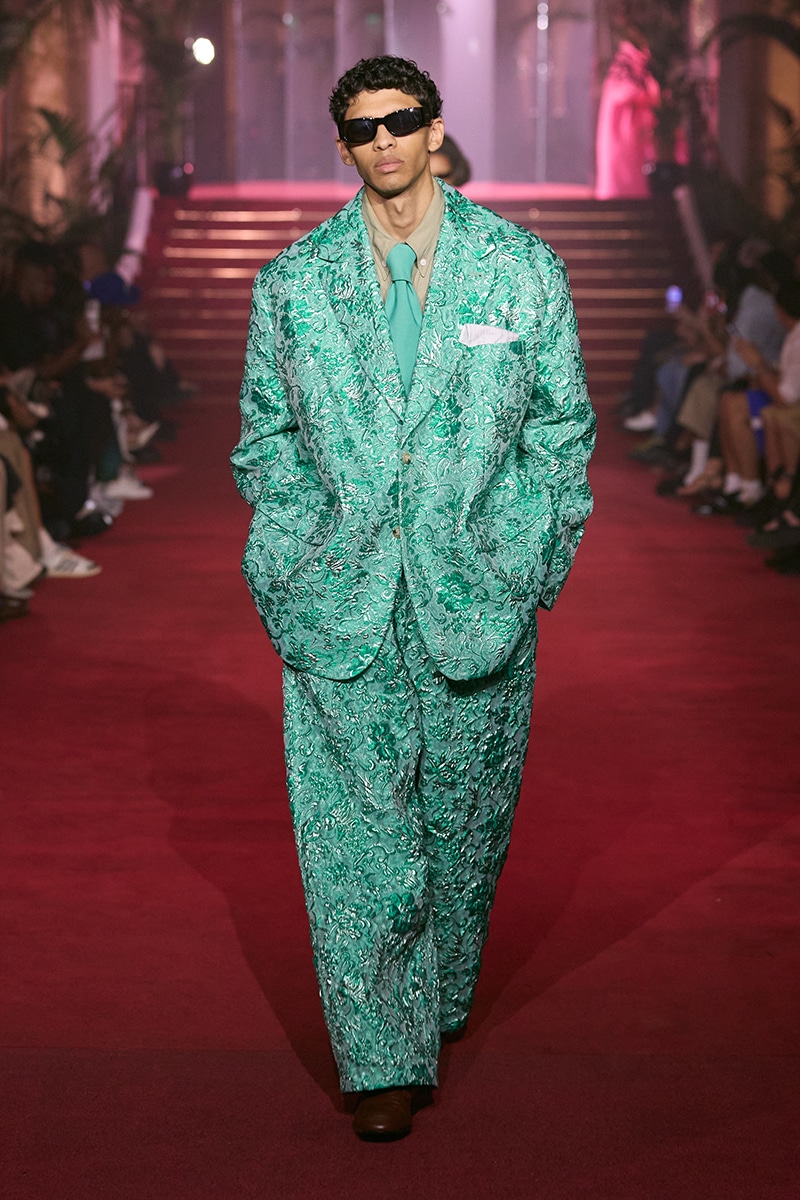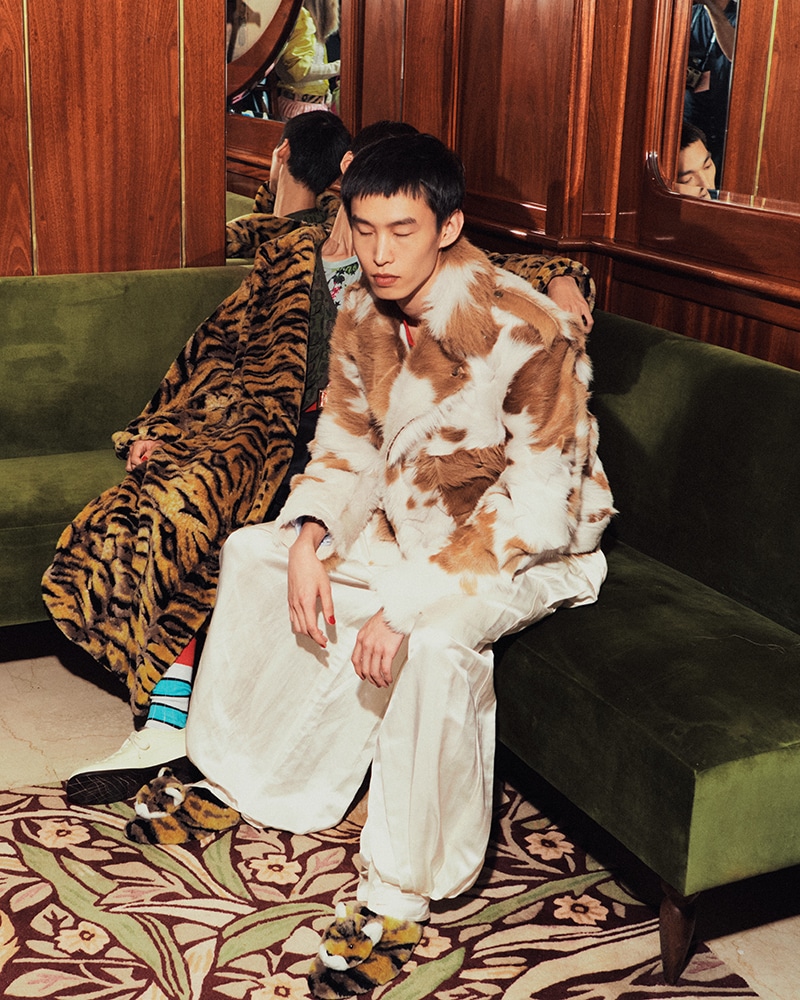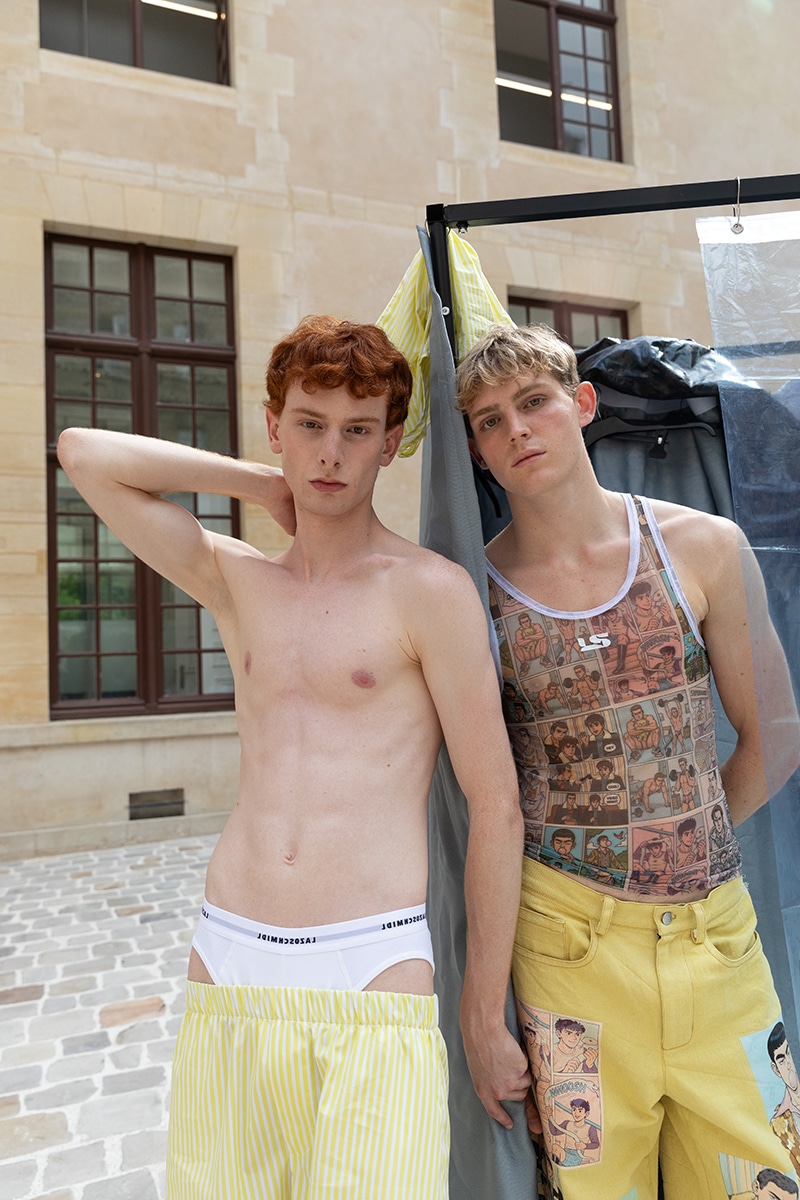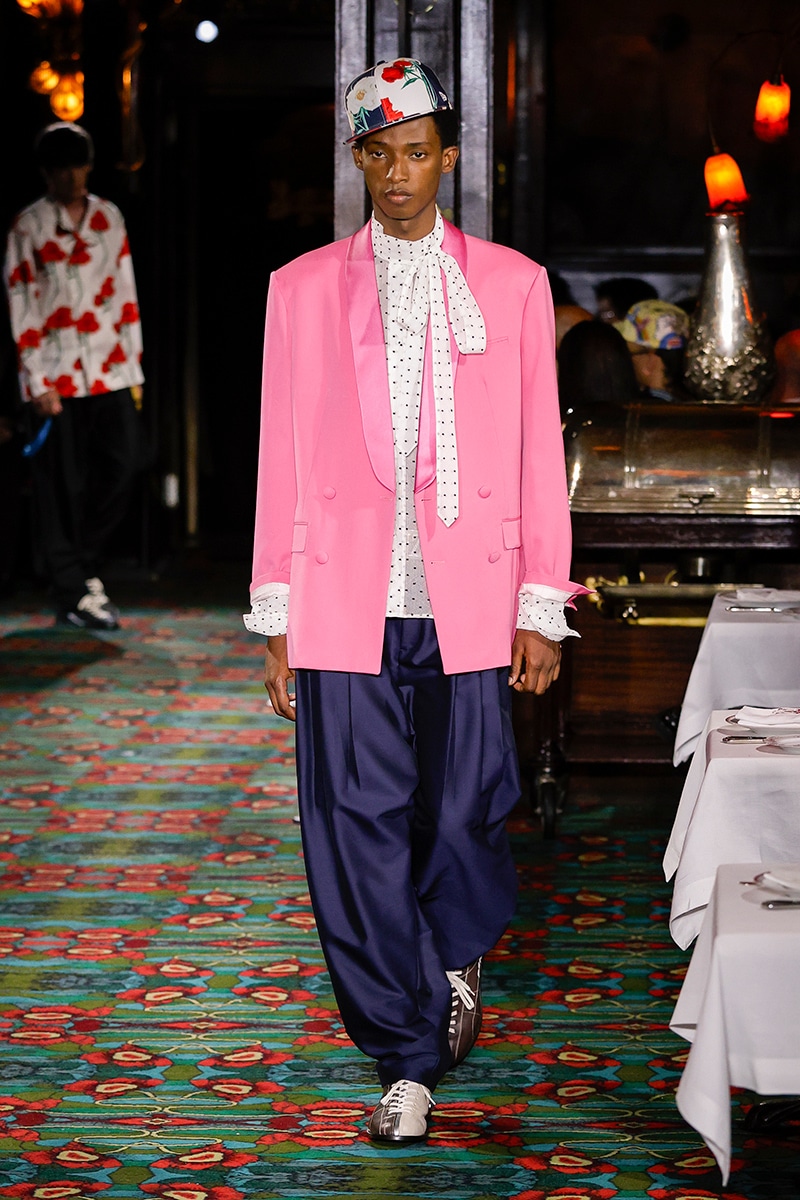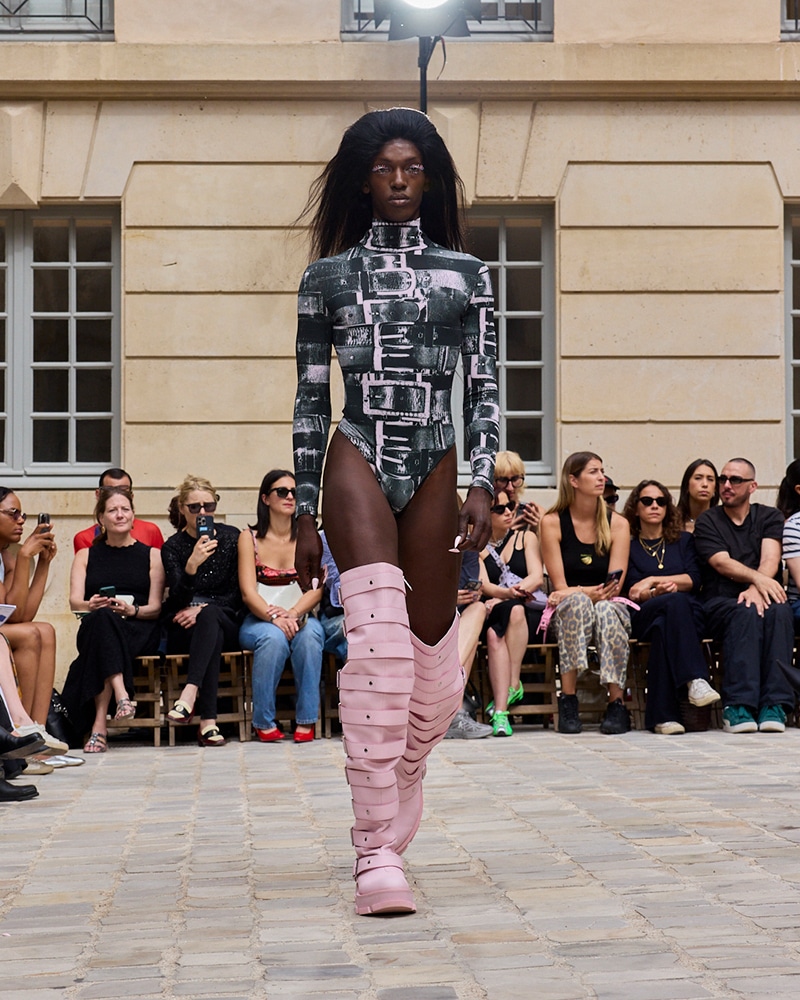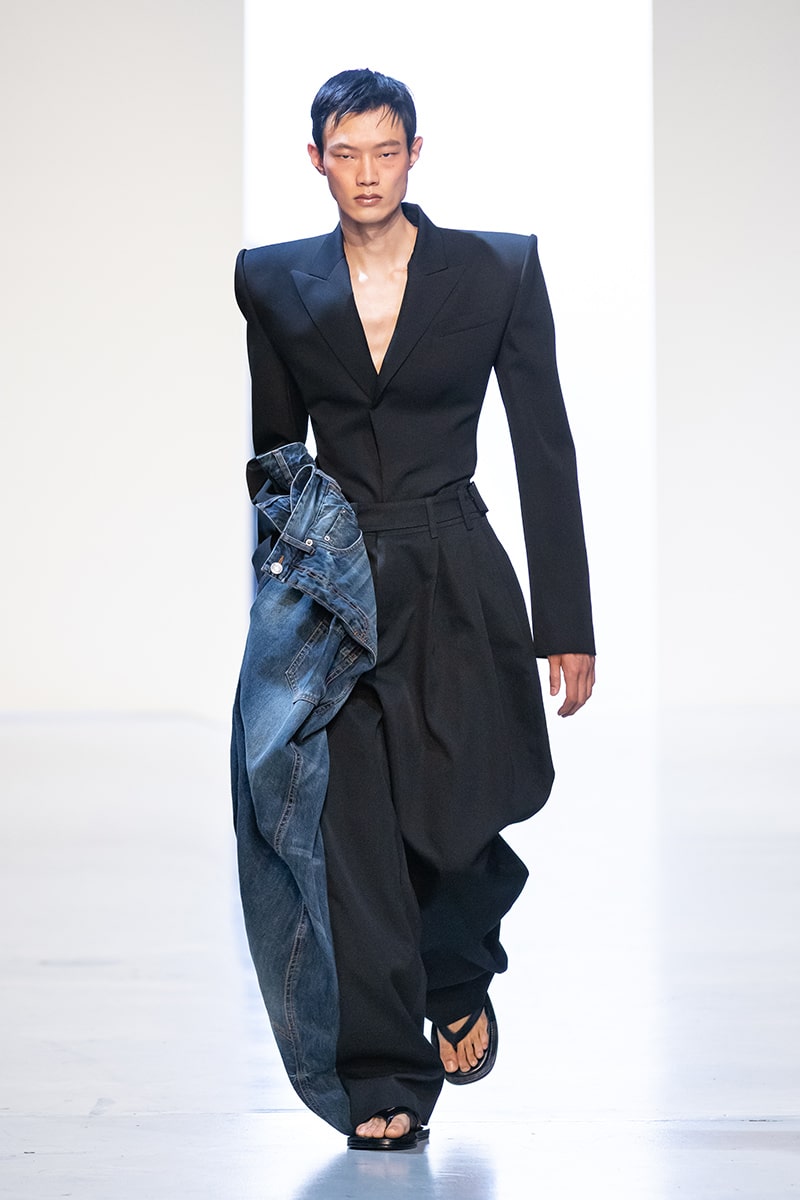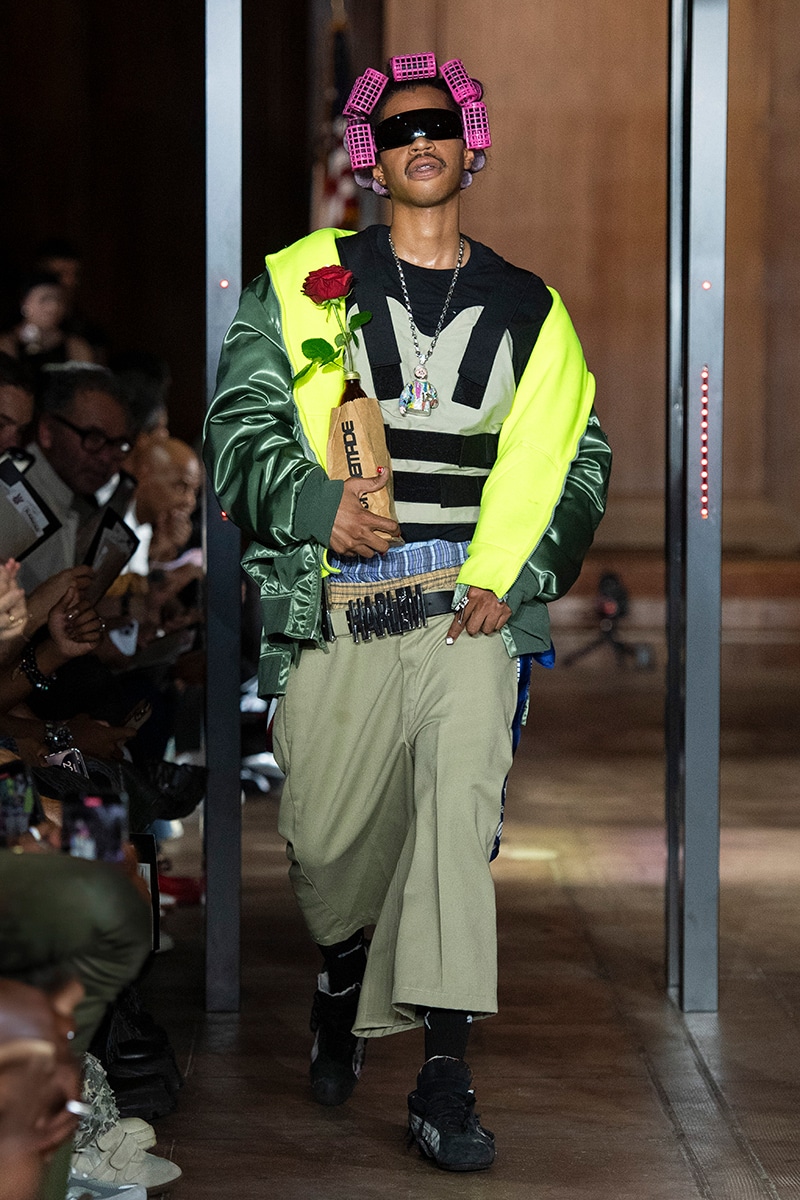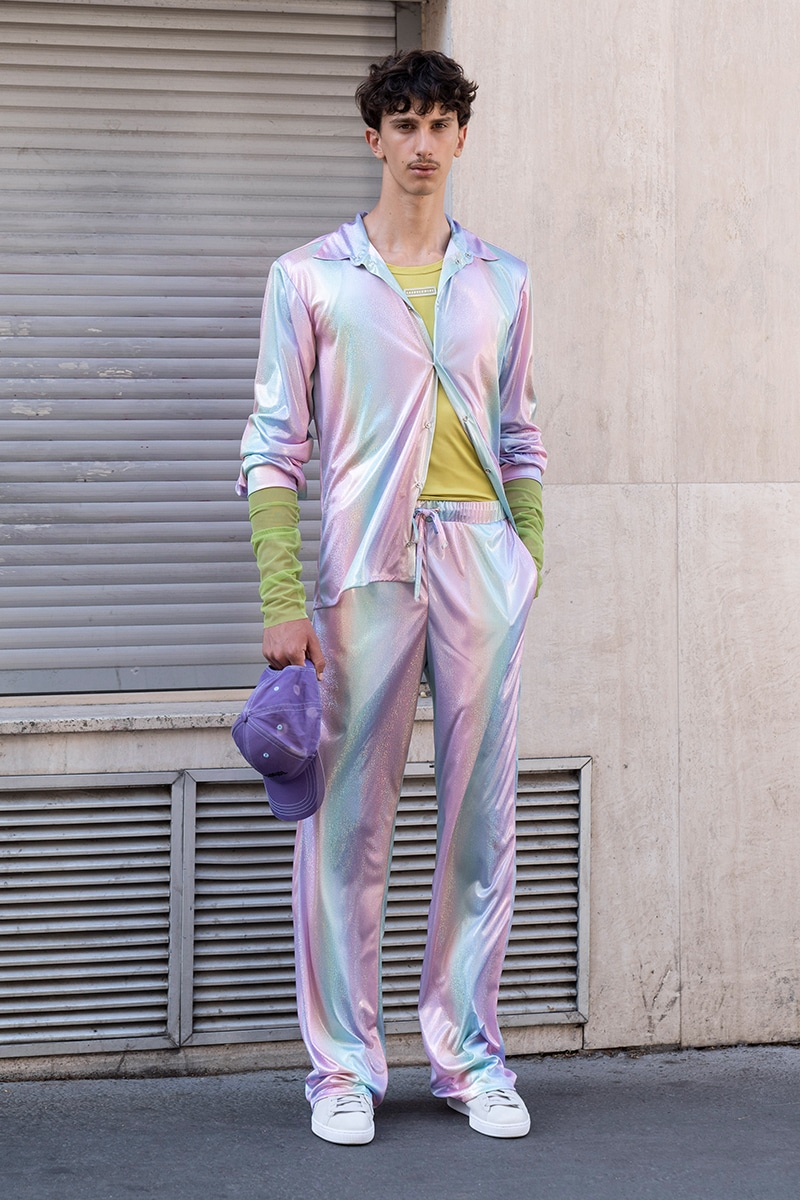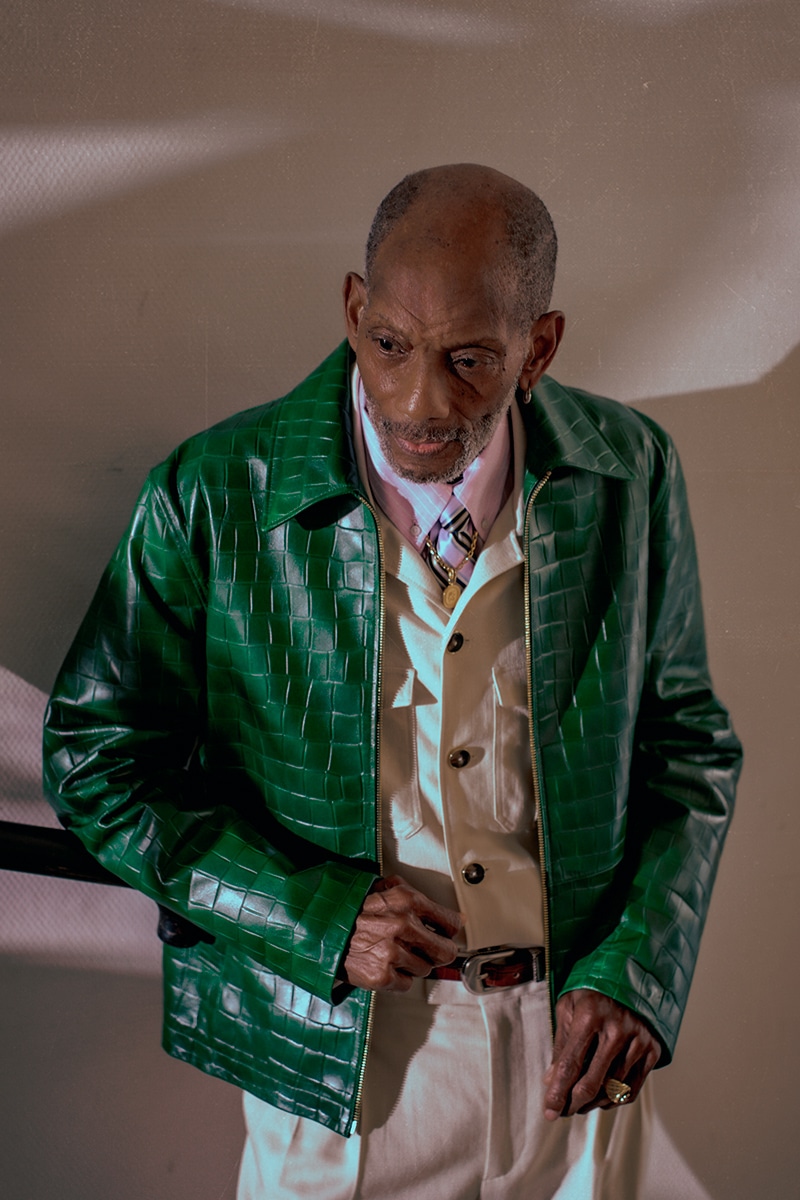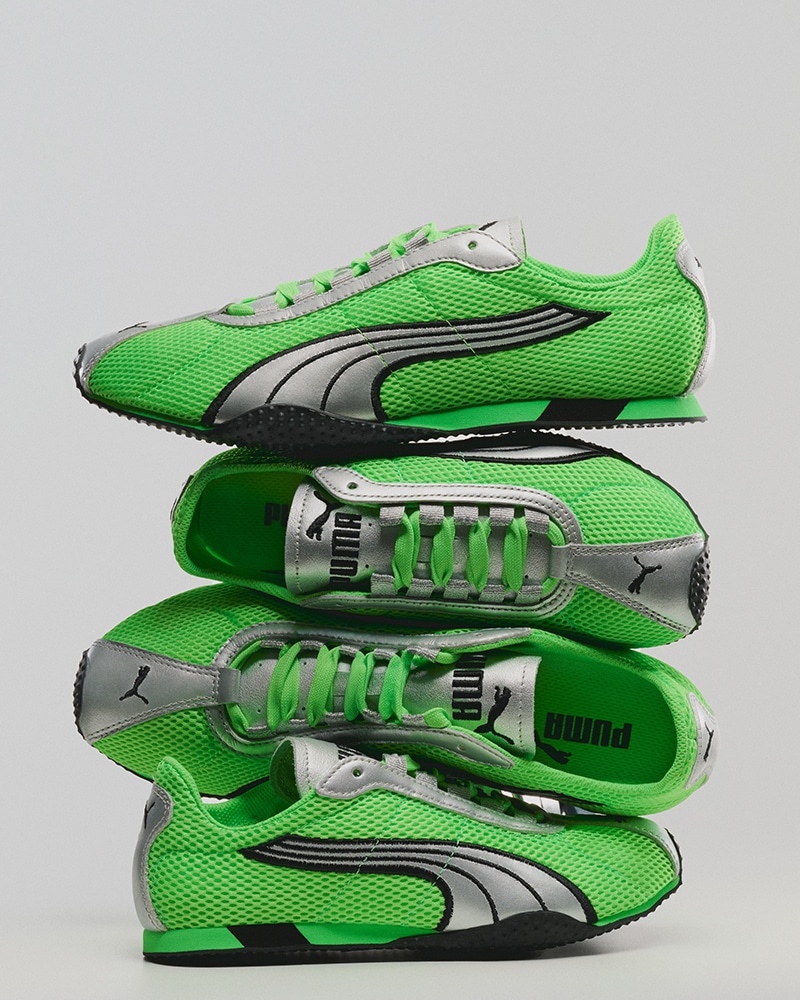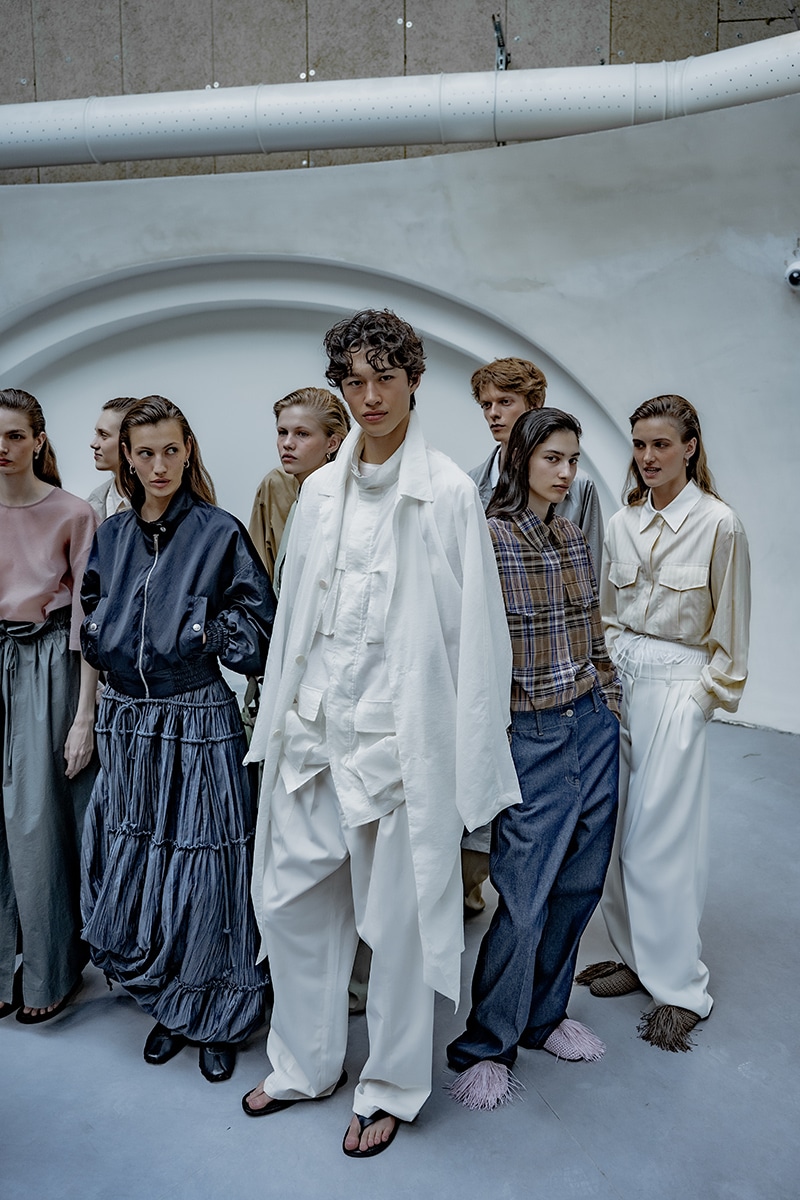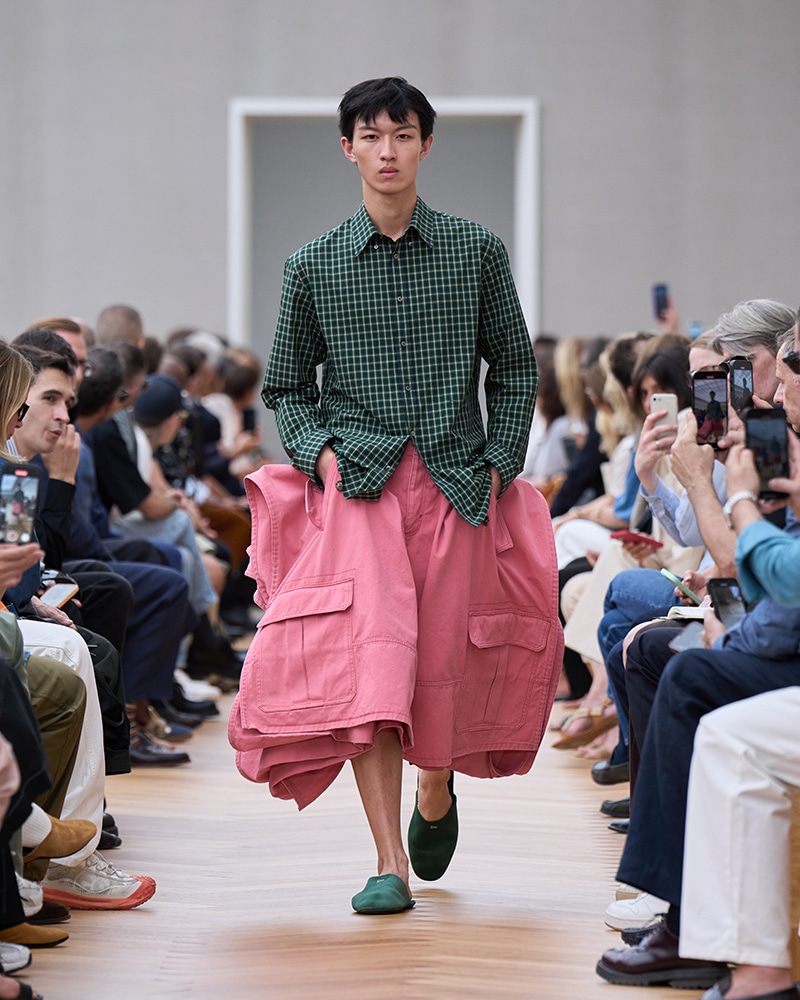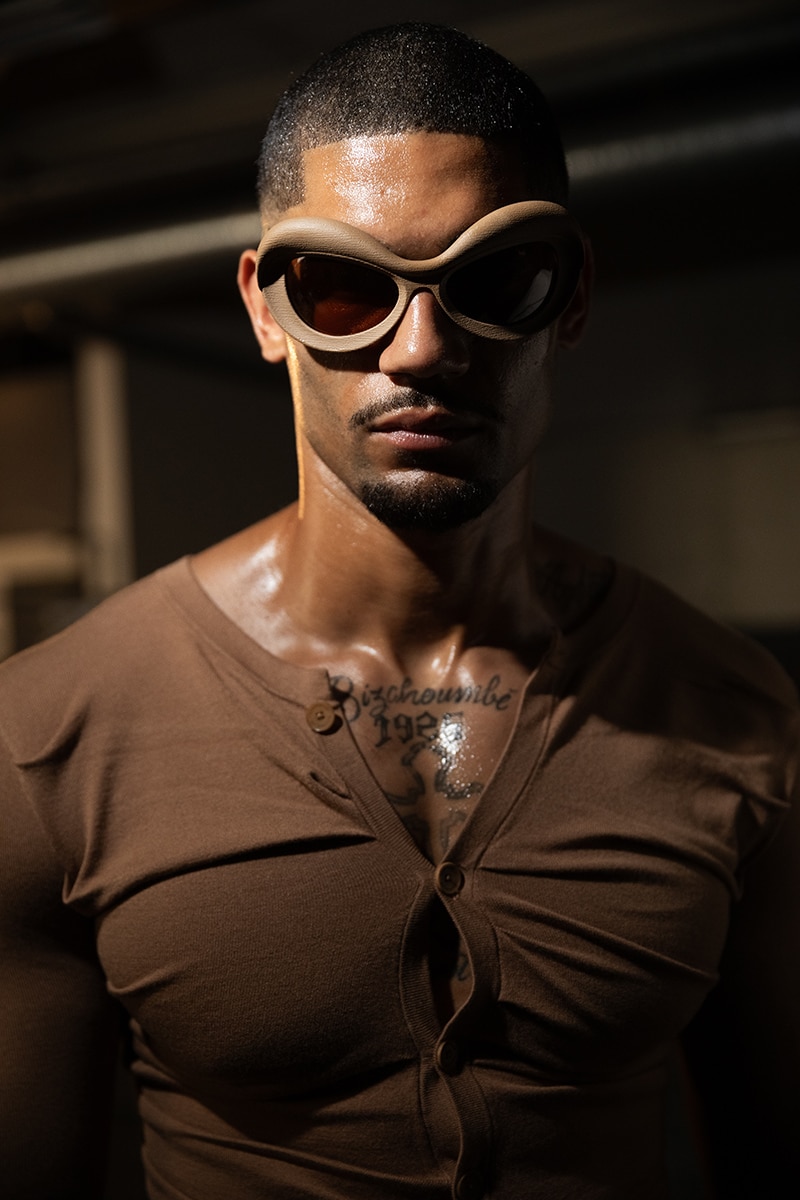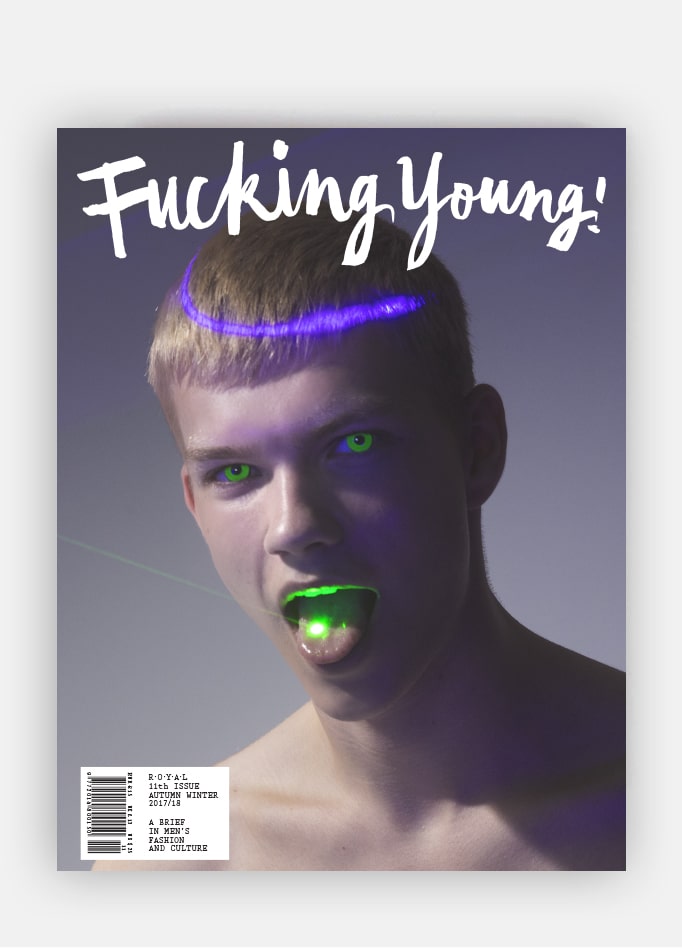
There’s something about skateboarding, fashion, and boyhood that have time and time again woven themselves together and into the hearts of the masses. From Grind (2003) to Lords of Dogtown (2005) to the more recent mid90s (2018), we truly love to see the stories of bonding and brotherhood which emerge within the confines of a skatepark atop rolling decks.
While these stories are often portrayed enigmatically through lenses sometimes fictionalized and stereotypical, with the emergence of the internet, it has become clear that these ragtag skate cults, complete with their beanies, boards, and boyish antics, exist in real life just as they do on the big screen. Enter Illegal Civilization.

It’s a bit meta that a group like Illegal Civ, headed by founder Mikey Alfred and including the likes of Ryder McLaughlin, Nico Hiraga, and Sunny Suljic, who regularly make their own real-life skate videos, should appear on the big screen in a fictionalized lens. (If these names are familiar to you, it’s likely because they were the cast and team behind the aforementioned 2018 Jonah Hill-directed A24 film mid90s.) But it’s exactly this that Illegal Civ set out to do with their newest film, North Hollywood: flip the skate script on its head and tell it from the point of view of real skaters.

It’s here that the concepts of skate, fashion, boyhood, and authenticity must coagulate, which, in the film, they do perfectly, thanks to the stylings of LA’s own Lindsey Hartman.
“These guys are all real-life skaters, so it was important to me not to stylize or fetishize them to an idea of mine, and rather let them be themselves. They are all naturally very cool,” she explains to me via email.
The movie, while still unreleased to the public, follows Ryder McLaughlin’s character, Michael, as he sets his sights on becoming a pro skater, egged on by his fellow skater friends and going against his strict father’s wishes. “At the start of the film, we see Michael (Ryder McLaughlin) as a more buttoned-up, sort of stiff dresser,” Hartman explains. “As he starts to stray from his father, Oliver’s (played by Vince Vaughn) wishes for him, he begins to loosen up. More t-shirts and baggier clothes in general. It was kind of a running joke that once his character smokes weed once he begins wearing more laid-back, baggier clothing.”

The authenticity of the stylings prevails, in part, thanks to the audience’s familiarity with the skaters themselves through a non-fictionalized lens. “The [character] that stands out to me for this is Nico Hiraga’s character, Jay, who never could seem to keep his shirt on. We all have a friend like this, the wild card of sorts. Little elements like that throughout the film, I think, help keep it relatable and remind the viewer of some of their own friends,” she explains, upon my asking how she conveyed the individuality of the skaters through their stylings.
Anyone familiar with Illegal Civilization knows the archetypes of the real individuals, and if not, they are easily recognizable through their on-screen characters. Hartman tells me how she identified with this through the clothing. “Nico’s character, Jay, (mentioned above), who was our shirtless lothario in overalls and backward hats. Ryder’s character, Michael, was finding himself, which led his clothing to be a bit shifted based on his surroundings and general attitude change. I also dressed him in more vintage clothing, as a personal preference of mine, and an expression of his individualism and artistic side – which is authentic to Ryder’s real life as well. Aramis’s character, Adolf, was more of our stable “normal” skate friend who wore more traditional skate brands – GOLF, Thrasher, etc.”
“A personal favorite,” she goes on, “was Angus Cloud’s character, Walker, who was supposed to be our more ‘washed up’ skatepark has-been. As a nod to this, and just a personal joke with myself, I put him in very not-cool band tees, skate tees with big obvious logos, and made his pants get bigger and baggier in each scene he’s in.”

A second factor key in the film’s relatability is its truth to Illegal Civilization founder Mikey Alfred’s own story. “Since this movie is loosely based on Mikey’s upbringing, the clothes were very personal to him as they were a reflection of himself and the friends he grew up with. But [he] also trusted me completely, which was very freeing,” she explains.
Creating a film, like any other big endeavor, is no doubt a group effort – but it seems to be Alfred’s welcoming optimism that allowed for the film’s success. “[Mikey’s positive attitude] set the whole tone for the project. It was a true collaboration between the two of us that blossomed into a straight-up best-friendship. He was so good at articulating his ideas to me that I never had to question if I was on the right path with the costumes. His positivity and general hype-man attitude gave me the confidence I needed to take on a project like this. And I think we did a pretty damn good job,” she raves, further elucidating Alfred’s qualification.

Speaking of doing a damn good job, it’s just this that Hartman succeeded in accomplishing in her role as a stylist for this film. Despite this being her first-ever experience costume designing her own feature film, as well as the film’s contrast to her extensive CV of mostly female clients, I’d say Hartman did a rather damn good job. As my last question, I asked her about her experience in styling such a menswear-heavy movie despite her portfolio containing mostly female clients, to which she responded in a way that was equal part irreverent and eloquent, in true Lindsey Hartman style. “There’s a beautiful simplicity of the rather traditional boyish style of jeans and a t-shirt. Something oddly romantic. I’m a fan.”

